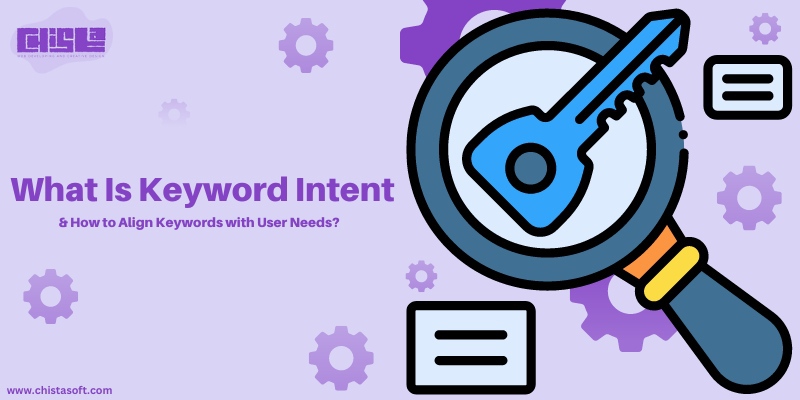chistasoftblog
chistasoftblogchistasoftblog
chistasoftblogSearch Intent in SEO
Search Intent in SEO
Search intent, also known as user intent or query intent, refers to the reason behind a user's search query on a search engine. Understanding search intent is essential for creating content that meets the needs of users and aligns with their expectations. There are generally four main types of search intent.
Understanding these types of search intent helps businesses and content creators tailor their strategies to meet the needs of their audience, ultimately improving SEO, user experience, and conversion rates.

SEO Services in Canada
social media marketing services in Canada
Web Design Services in Canada
Why You Should Find Your SEO Target Audience
Why You Should Find Your SEO Target Audience

Finding your target audience allows you to tailor your marketing strategies to the right people: People who are likely to buy your products or services. And therefore, increase conversion rates.
Plus, advertising to a narrower audience tends to be cheaper.
Getting clarity on your target audience can benefit the following areas of your marketing and more:
- Copywriting: How should you describe your offers to attract and convert your target audience?
- Content marketing: What blog posts, videos, and podcasts should you create to attract your target audience?
- Email marketing: What specific messaging should you use in your email campaigns?
- Social media marketing: Which platforms are most important to be present and active on?
- Social media advertising: Which users should you target? What kind of content should you promote?
- Pay-per-click (PPC): Where should you spend your dollars? And what targeting options should you utilize?
- Search engine optimization (SEO): Which keywords do your target audiences use?
Researching and understanding your target audience profile is the first step of any marketing campaign.
What Do Graphic Designers Do
SEO Services
web design services
High Intent vs. Low Intent Keywords
High Intent vs. Low Intent Keywords: What’s the Difference
High intent keywords are also said to have high commercial intent. These keywords signify a strong intent on the part of the searcher to conduct a transaction, whether it be to buy something, inquire about a service, or another type of action that has a strong possibility of leading to a later sale.
There are four basic types of keywords or search query:
Informational – searches performed to answer questions or learn something
Commercial – searches performed to prepare for a transaction
Transactional – searches performed to buy something
Navigational – searches performed to locate a specific website

What Is Website Health
What Are SEO Benchmarks
What Are Question Keywords
website design and development services in Canada
website design and development services in Canada
Cutting-edge web design and development services encompass the latest technologies, trends, and methodologies in creating websites and web applications that provide exceptional user experiences, high performance, and effective functionality.

web design services
Digital Marketing Services
How Keyword Stuffing Affects SEO

How Keyword Stuffing Affects SEO
Keyword stuffing is bad for SEO because it leads to poor-quality content.
Unnatural keyword usage looks spammy. This can discourage users from interacting with your page or link and harm your brand image.
Also, Google rewards high-quality, person-first content. Meaning if you purposefully stuff a webpage with keywords, it’s unlikely to rank well.
Keyword stuffing also violates Google’s spam policies.
If Google detects that you’ve:
inserted keywords (particularly in large quantities) into on-site material or
Backlinks that have been built using excessively keyword-rich anchor text across multiple websites
You might notice a decline in your ranks. may possibly get a Google penalty, which is another name for a manual action. This implies that Google will conceal or eliminate your website from its search results.
SEO Company Services
Custom web design services
Graphic design services